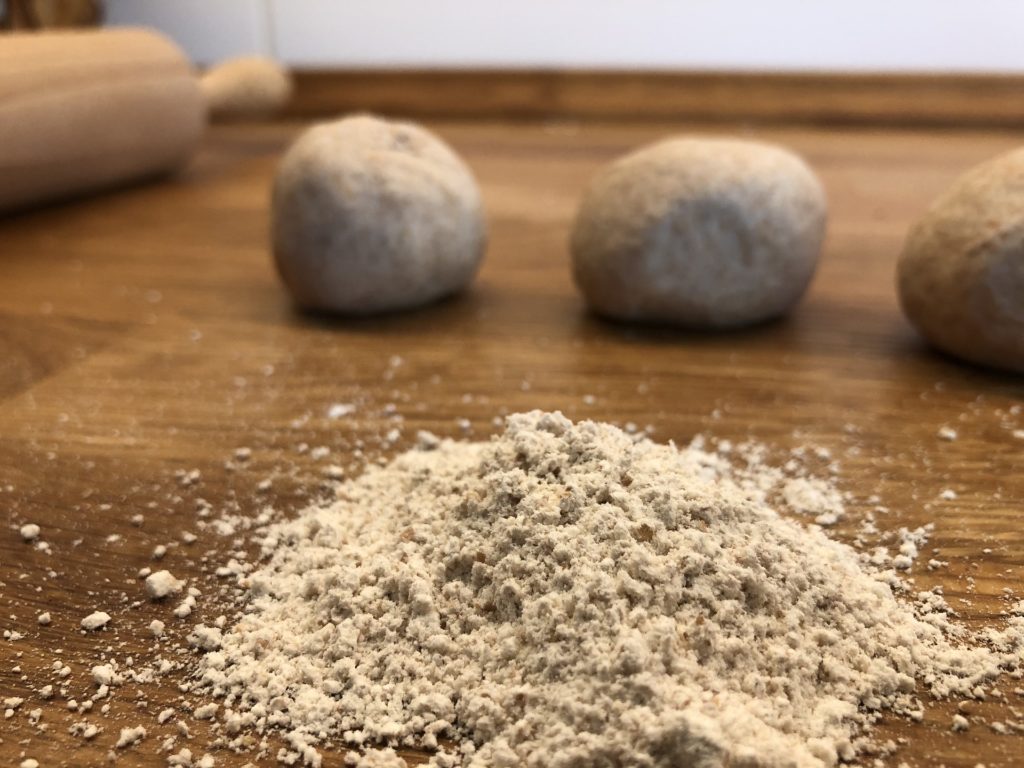Are you considering getting a wood countertop for your kitchen, workshop, or business? Wood countertops have a timeless sense of style that can easily blend into a design or act as a gorgeous accent piece. Before you choose a wood countertop to install, here is what you need to know!

Benefits of Wood Countertops
Wood countertops are highly durable and resilient material. It can withstand many years of abuse without falling apart. When it has reached a level of being too abused, it can be sanded and refinished to an almost new appearance.
In addition, wood countertops can be considered a green product if the material is chosen from sustainable resources or was recycled from a past project or location. Wood countertops are frequently affordable and are easy to install.
Disadvantages of Wood Countertops
While wood countertops can take a lot of abuse, it will be visible. Scratches, chips, dents, cuts, stains, and burn marks will all be displayed. To keep it looking decent, the wood will need to be oiled regularly to protect against water exposure and chemicals. Plus, wood will expand and contract, causing warping and seam gaps if not adequately maintained. Lastly, while there are many affordable wood countertops options, there are also many expensive ones. You will want to do your research on the material before purchasing so you stay within your price range.
What to Consider When Choosing a Wood Countertop
Functionality
When choosing a wood countertop, you want to determine how the countertop will function before selecting the wood grain. Wood grains can be face-up, edge-up, or end-grain up. The functionality of the countertop will determine the type of grain method you need to use. For example, face-up grain is generally used for light use like with dining tables, whereas edge-up grains and end-up grains are for practical applications such as chopping.
Material
When choosing a type of wood, you should consider the style of your space along with the integrity of the wood. There are many options available that come in a variety of colors, shapes, durability, and more. Speaking with an installation specialist will help you to narrow down your choices.
Price
Cost, of course, plays a significant factor in your countertop choice. The price will be dependent on the material, finishing, and installation costs. Some materials, such as birch, will be on the low end of the price scale at around $15 per square foot, whereas others, like teak, could be more than $100 per square foot.
Maintenance
Lastly, when choosing a countertop, consider the maintenance costs of the material, including how often it needs to be sanded, refinished, and cleaned. Be sure to add this into your cost analysis and consideration before making your final decision.
Do you have more questions about wood countertops? Give us a call today and schedule a consultation!

